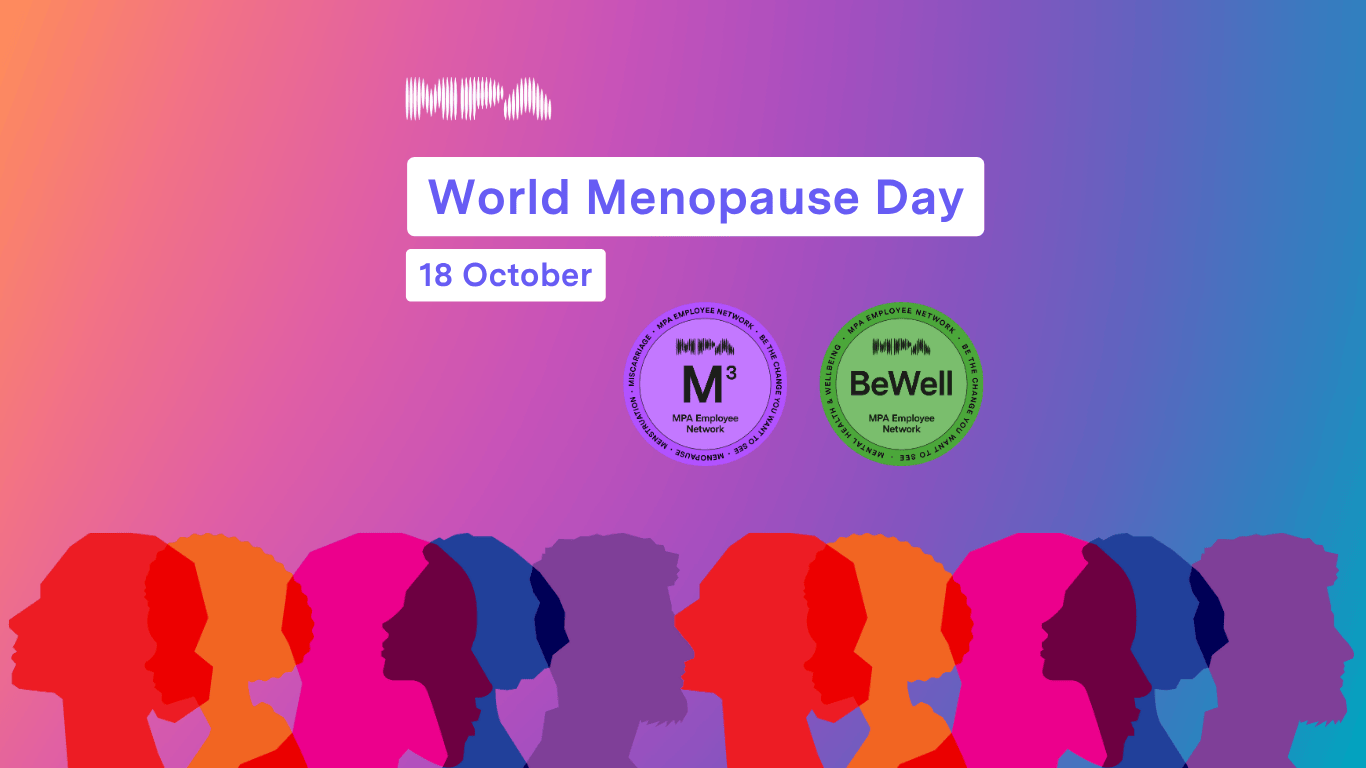Championing World Menopause & Andropause Day/ Month

Date
World Menopause Day is marked annually on 18 October, with Menopause Awareness Month observed throughout October. It is a time to raise awareness, share support, and break down the stigma around menopause and perimenopause, stages of life that affect half the population.
The 2025 theme for World Menopause Day, set by the International Menopause Society, is “Lifestyle Medicine.” This theme highlights the important role that lifestyle choices can play in managing menopausal symptoms and supporting overall health and wellbeing during this stage of life.
Key lifestyle factors include:
- Nutrition: Eating a balanced diet rich in fruits, vegetables, whole grains, and lean proteins can help ease symptoms such as hot flushes and mood changes. Limiting caffeine and alcohol may also be beneficial.
- Physical activity: Regular exercise, including both strength training and aerobic activity, can help maintain bone density, support heart health, and improve mood.
- Sleep: Prioritising good sleep habits, such as keeping a consistent sleep routine and creating a restful environment, can help manage common sleep disturbances during menopause.
- Stress management: Techniques such as yoga, meditation, and mindfulness can reduce stress levels, which may in turn help relieve symptoms like hot flushes and anxiety.
Focusing on these lifestyle factors can empower people to manage their menopausal transition more effectively and improve their quality of life.
What is Menopause?
Menopause is a natural phase in a person’s life that marks the end of their menstrual cycles. It is diagnosed after going 12 consecutive months without a period and usually occurs between the ages of 45 and 55, though it can happen earlier or later.
This transition is caused by a gradual decline in the production of hormones such as oestrogen and progesterone, which can lead to a variety of physical and emotional changes. Common symptoms include hot flushes, night sweats, sleep disturbances, mood changes, and changes in skin and hair.
Andropause
While menopause is typically associated with women, men can also experience a similar midlife hormonal change, sometimes called andropause or male menopause.
This occurs as testosterone levels gradually decline, usually from around the age of 40 onwards. Men may experience symptoms such as fatigue, reduced libido, mood changes, decreased muscle mass, and sleep disturbances. Although less sudden than female menopause, these changes can still significantly affect wellbeing.
Menopause and andropause are normal parts of ageing, but their impact on daily life can vary widely. Understanding these changes, seeking medical advice where needed, and adopting supportive lifestyle habits can help individuals of all genders navigate this stage of life with confidence and comfort.
Why Menopause Awareness Matters
Menopause is a natural life stage, but it can bring symptoms that impact health, wellbeing and working life. Research shows that stigma and lack of understanding often mean people experience these changes in silence.
Awareness helps to:
- Normalise the conversation: Removing shame or stigma.
- Support wellbeing: Encouraging lifestyle changes that can ease symptoms.
- Empower workplaces: Creating cultures where employees feel supported.
How to Support
- Start the Conversation: Talk openly and respectfully about menopause and perimenopause.
- Educate Yourself: Learn about symptoms, impacts and treatment options.
- Create Supportive Workplaces: Provide policies, resources and flexible working arrangements.
Resources
https://mpaonline.org.uk/what-we-do/diversity-equality-inclusion/mpa-m3/
https://www.balance-menopause.com/
https://www.nhs.uk/conditions/menopause/help-and-support/
https://menopauseintheworkplace.co.uk/
https://www.macmillan.org.uk/cancer-awareness/menopause-awareness-month
For more information or to join our M3 Employee Network or BeWell Employee Network, please contact:
Helen Choudhury
Head of DEI, CSR and Wellbeing
[email protected]
Safiyah Olaide
DEI, CSR and Wellness Officer
[email protected]
Share article